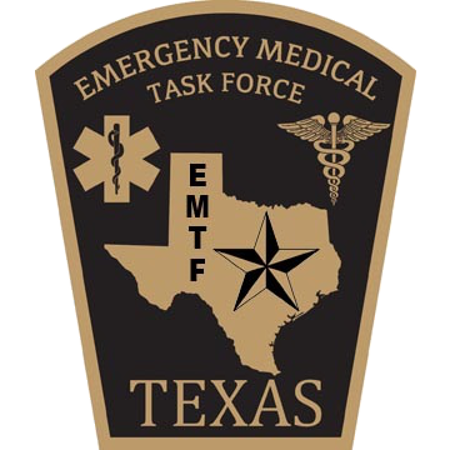MEDCOM
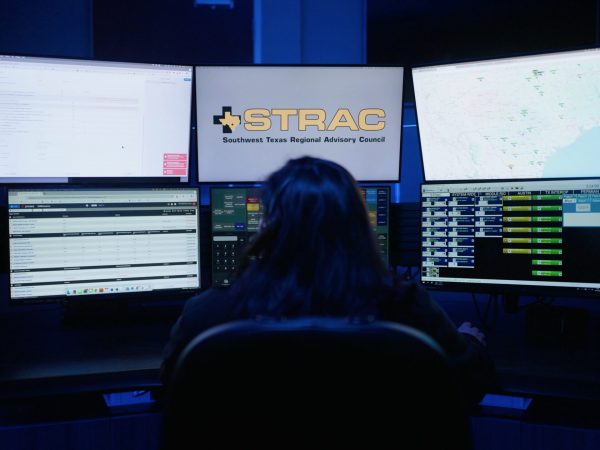
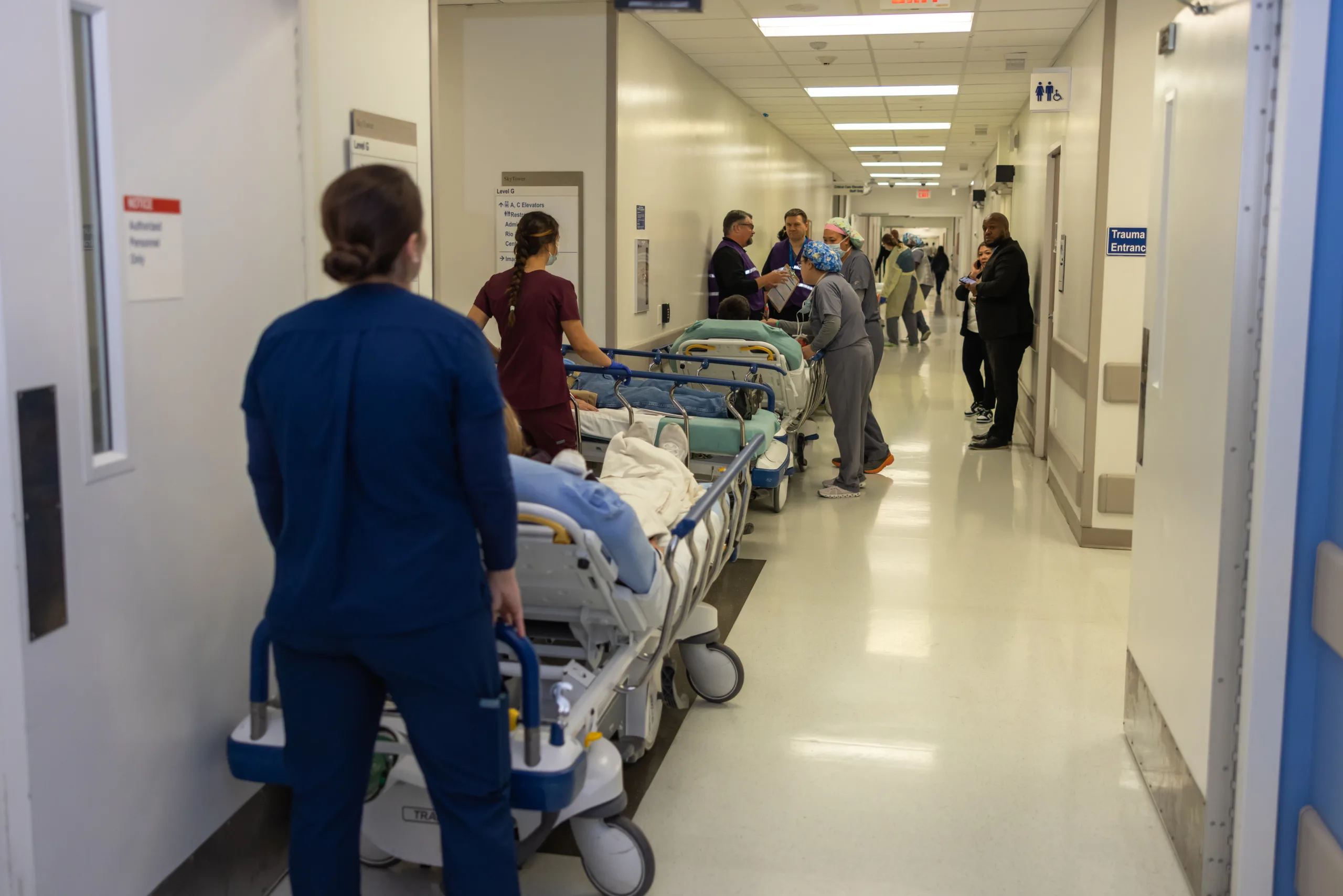
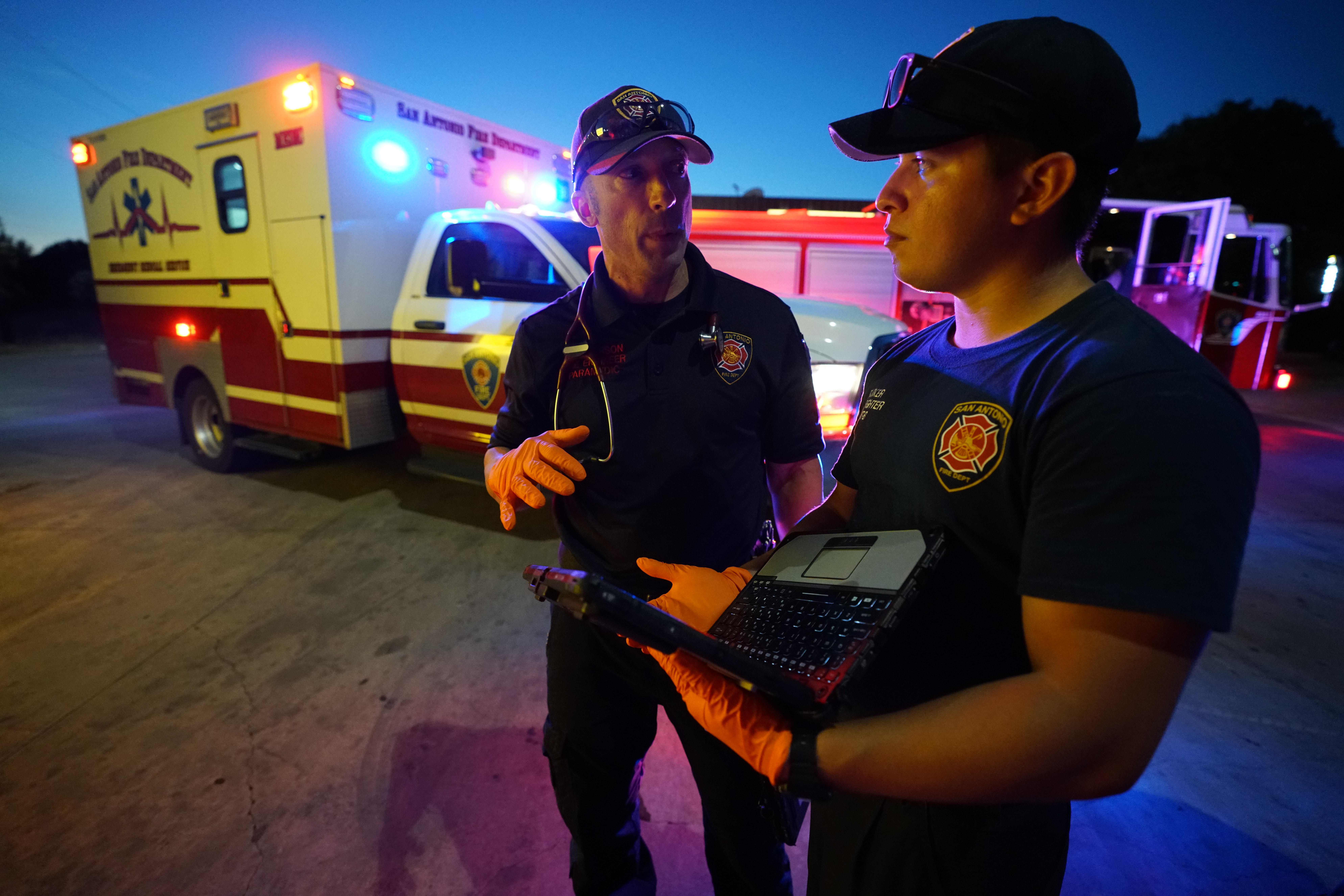
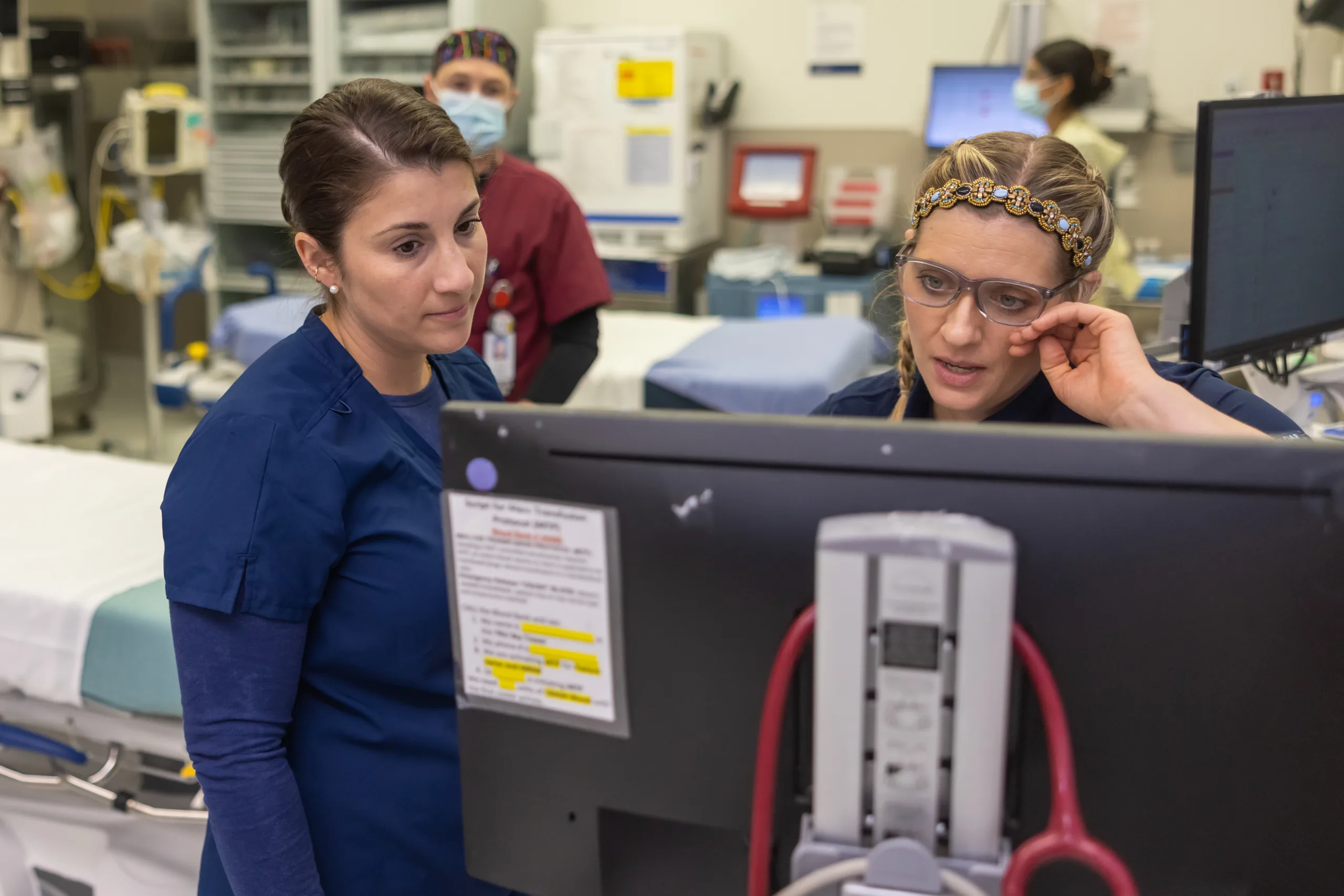
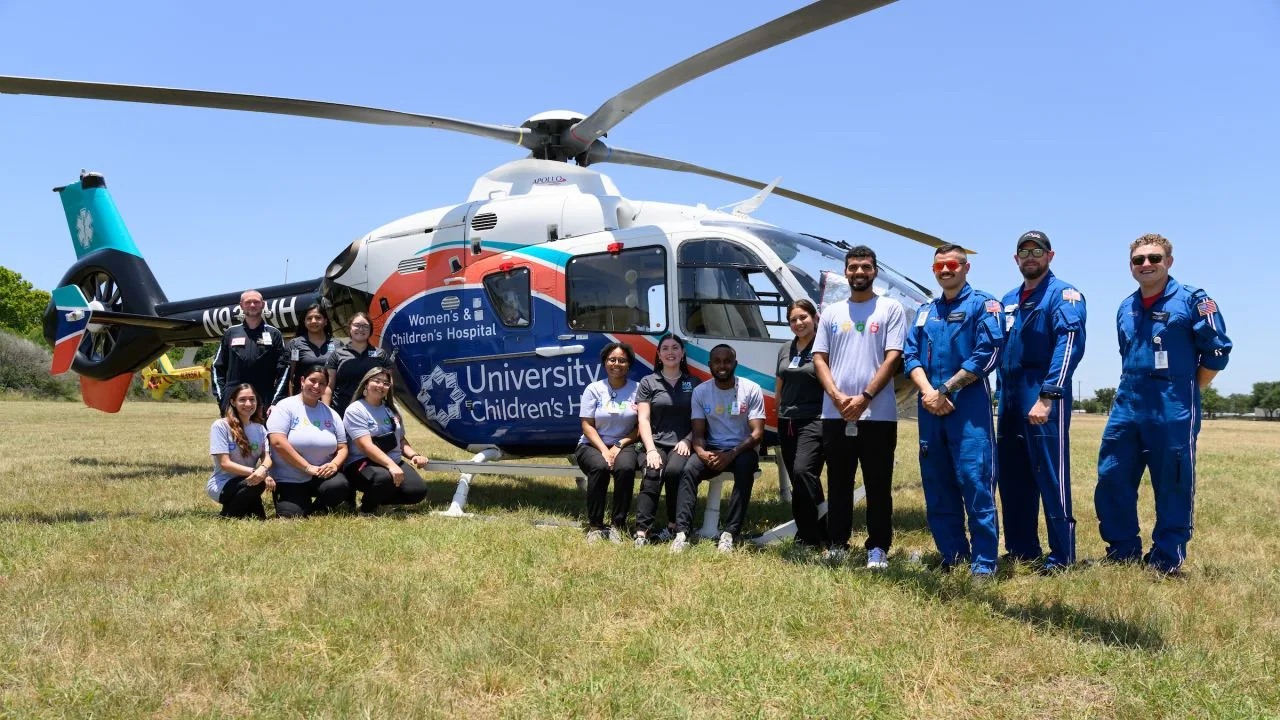
MEDCOM serves as the central hub of the South Texas region, providing essential communication and coordination services. Our dedicated MEDCOM division operates 24/7, staffed by highly skilled coordinators who specialize in various critical functions, ensuring efficient and effective operations across multiple areas.
Trauma Transfer Quick Links
MEDCOM Trauma Transfer Forms
Imaging Upload (Only Transfers to University Hospital)
For more information on PowerShare, click here.
MEDCOM Capabilities
One of MEDCOM’s primary roles is to facilitate trauma transfers, ensuring rapid acceptance to a Level 1 trauma center in San Antonio. Our experienced coordinators work diligently to streamline the process, connecting referring facilities with the most appropriate resources and coordinating the transfer of patients requiring specialized trauma care.
MEDCOM plays a pivotal role in assisting law enforcement agencies through our Law Enforcement Navigation program. When officers encounter situations requiring emergency detentions or other law enforcement-related assistance, they can rely on MEDCOM as their central point of contact. Our coordinators provide support, screen victims, and navigate officers to the closest and most suitable resources, ensuring efficient utilization of vital emergency services.
To learn more about our Law Enforcement program or other mental health initiatives visit the STCC page.
We take domestic violence seriously and strive to provide immediate support to victims. Through our Domestic Violence Screening program, MEDCOM Coordinators conduct thorough assessments and risk evaluations utilizing the Danger Assessment for Law Enforcement screening tool, connecting victims with appropriate services and resources. By collaborating with community organizations and victim advocates, we aim to ensure the safety and well-being of domestic violence survivors.
MEDCOM’s Air Medical Traffic Deconfliction program enhances safety for air medical providers in the region. By serving as a central point of communication, we assist pilots and crew members in coordinating their flights and provide real-time traffic information from other providers operating in the area. This collaboration helps prevent potential conflicts and ensures the seamless and safe transportation of patients.
HELO is a groundbreaking initiative developed in partnership with regional air medical programs. This program revolutionizes the dispatch of air medical assets by utilizing advanced technology and data analysis to determine the optimal helicopter for each emergency situation, ensuring the fastest and most efficient patient transport. By streamlining operations and fostering a collaborative partnership with air medical programs, the HELO program improves response times, enhances patient outcomes, and elevates the standard of emergency medical services in our region.
Psychiatric emergencies require swift and specialized care. MEDCOM facilitates the coordination of psychiatric emergency services transfers, ensuring that patients receive prompt access to appropriate care facilities. By collaborating with regional psychiatric resources, we assist in the seamless transition and transfer of patients in need.
To learn more about our Psychiatric Emergency Services Transfers program or other mental health initiatives visit the STCC page.
MEDCOM serves as the regional contact for a Mass Casualty Incident (MCI) assets and assistance. In times of crisis, one call to MEDCOM enables agencies to initiate the deployment of additional medical assets and equipment, enhancing the region’s emergency response capabilities. Additionally, we actively monitor hospital emergency room availability to ensure accurate and up-to-date information for efficient patient distribution during emergencies.
As part of our commitment to maintaining the highest standards of patient care, MEDCOM conducts essential regional monitoring of whole blood program temperatures. If MEDCOM notices that a unit of blood deployed out in the field is trending out of range, MEDCOM will contact the agency to check on the unit of blood. This ensures that blood products are stored and transported under optimal conditions at all times, preserving their efficacy and safety.
Committees and Workgroups
Air Medical Providers Advisory Group
Behavioral Health Committee
EMS Leaders
Casey Ebrom, EMT-P, FP-C
MEDCOM Advisory Group
MEDCOM Resources
| Title | Categories | Creation Date | Link | hf:doc_categories |
|---|---|---|---|---|
| Hospital Selection Guide | Quick Reference | November 16, 2024 | quick-reference | |
| Radio Check Procedures | Radio Communication | September 15, 2023 | radio-communication | |
| General Radio Communication Techniques | Radio Communication | September 15, 2023 | radio-communication | |
| PI Case Review Form | Form | September 1, 2023 | form | |
| MEDCOM Transfer Form | Form | July 25, 2023 | form | |
| EMResource Instructions for MCI Bed Counts | Quick Reference | May 15, 2023 | quick-reference | |
| Regional Burn Transfer and EMS Scene Transport Algorithm | Algorithms | February 21, 2022 | algorithms | |
| Necrotizing Soft Tissue Infection (NSTI) Referral Guidelines | Guideline | June 1, 2021 | guideline | |
| Regional SJS/TENS Transfer Protocol | Algorithms | October 8, 2019 | algorithms | |
| HELP (Hospital Exec Leadership Protocol) | Quick Reference | February 1, 2015 | quick-reference | |
| Radio User Guide – Satellite | Radio Communication | May 3, 2006 | radio-communication | |
| Radio User Guide – Kenwood TMD-700 | Radio Communication | December 15, 2005 | radio-communication | |
| Ground to Air Ambulance Helipad Transfers | Guideline | July 25, 2001 | guideline |


